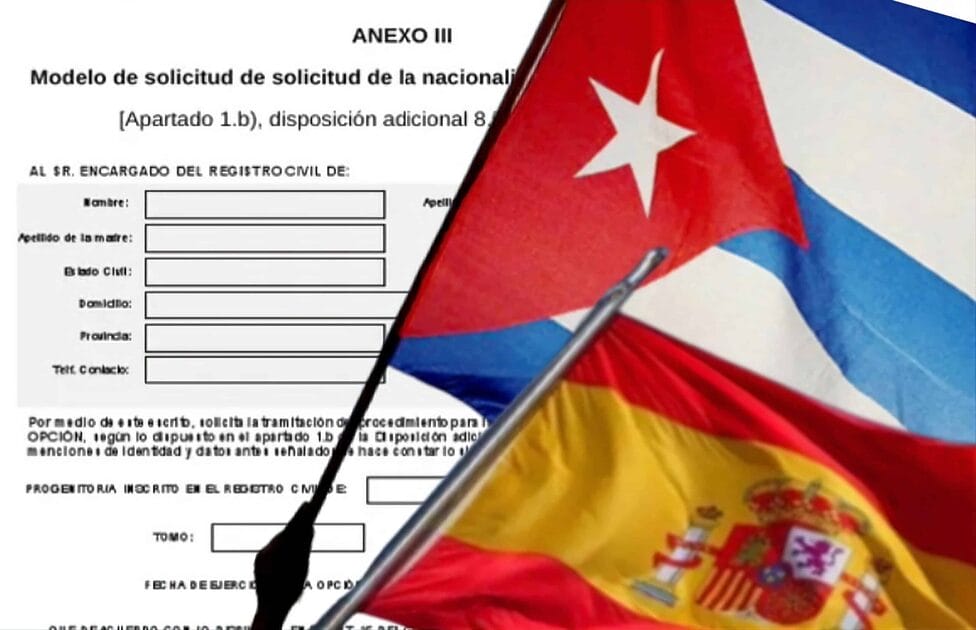22,479 Cubans have already become Spanish citizens under the Eighth Additional Clause of the Democratic Memory Act.
Cuba is the second country to benefit the most from legislative change, with the Grandchildren Act and consolidated records.
Official data published by Spain's Ministry of Foreign Affairs and Cooperation (MAEC) reveals that Argentina is the leader in this regard. The South American country currently has a population four times larger than the island.
Gaucho land currently offers favorable offers for Spanish citizenship with a total of 33,796 new files. Mexico closes out the top 3 with 13,149 people already processed and approved.
Cubans, leaders in denial
Island-borns boast a negative record in relation to the Grandchildren Act. They top the list of national files rejected for non-compliance with certain norms.
For example, of the 913 national denials under the Grandchildren Act in the first year, nearly one-third were from Cuba. In total, 301 Cubans' files were rejected, or 32.97%.
Issues related to the long process of Spanish nationality in Cuba are repeated every day. Because? The Council of Spanish Residents in Cuba spoke on the matter.
“The LMT had problems related to the lack of premises to be used by the consulate, which affected the diplomatic resources that could be devoted to this work. The problems stemmed, in part, from accessing information from the consulate and manually entering information into a database that could not be done properly.” David Casarejos, President of CGCEE's Commission on Civil Rights and Participation explained this.
As is known, the Grandchildren Act is valid for two years and will officially expire in October 2024. However, an extension of one year should be granted. The Spanish Consulate in Havana is taking steps to expedite the receipt of the files.
This month of February alone, more human and material resources can be allocated to address delays and more appointments can be made. Therefore, four new offices will be opened in Havana.




:quality(85)//cloudfront-us-east-1.images.arcpublishing.com/infobae/U33IOOZKKRFI5AKXBM3SQRXFAU.jpg)

